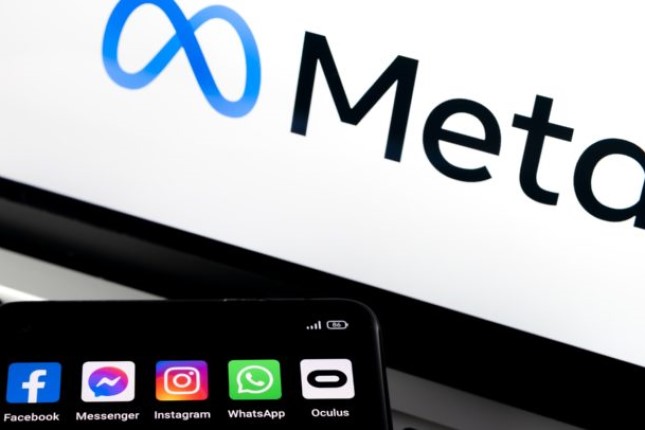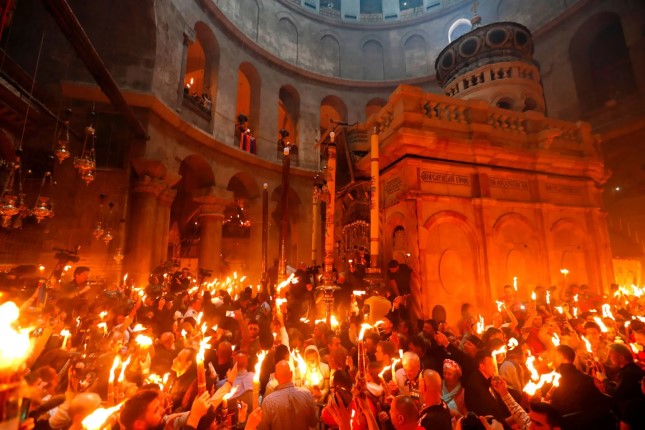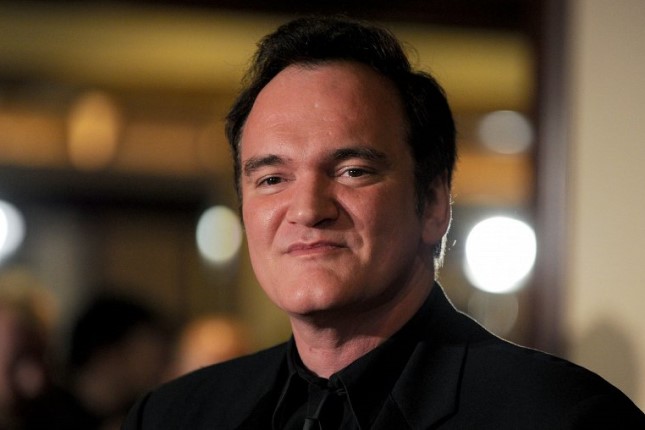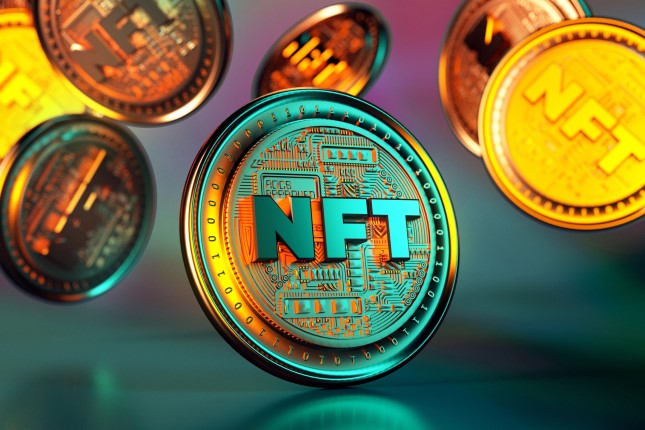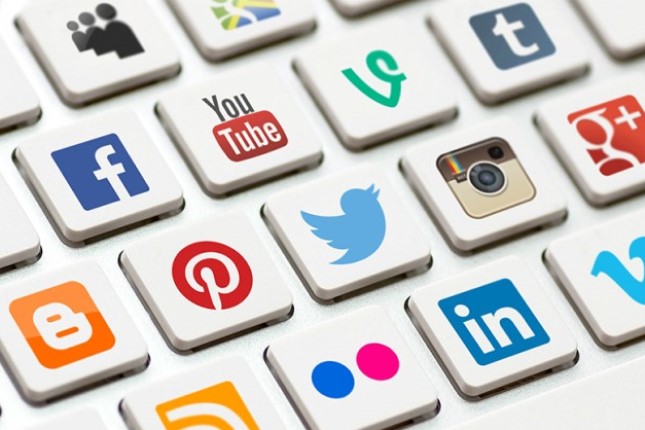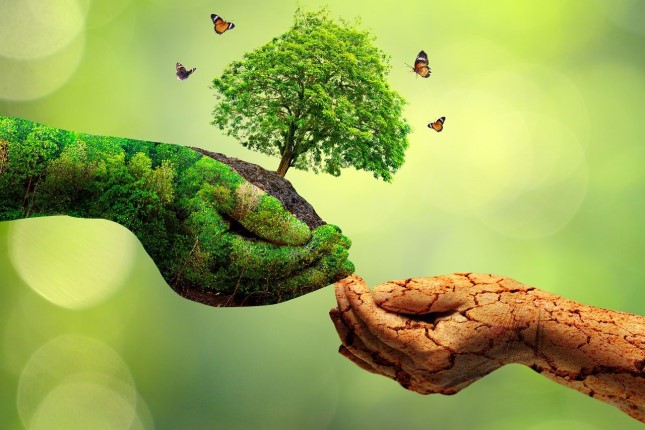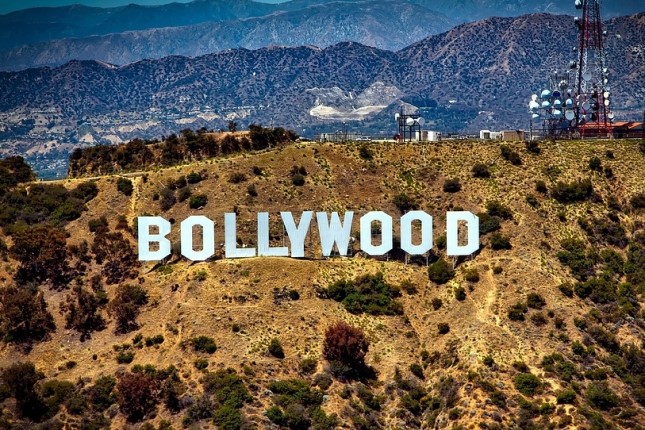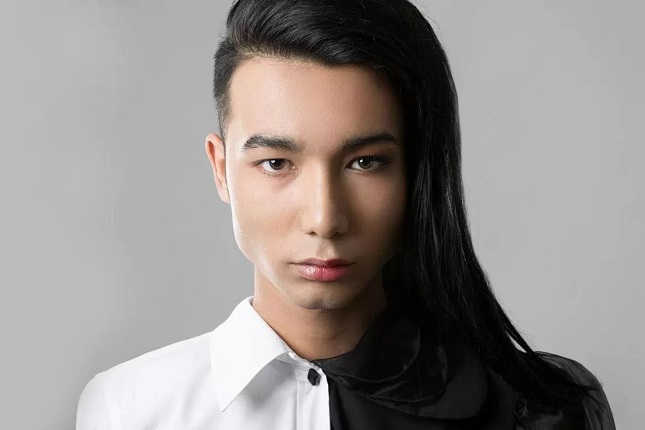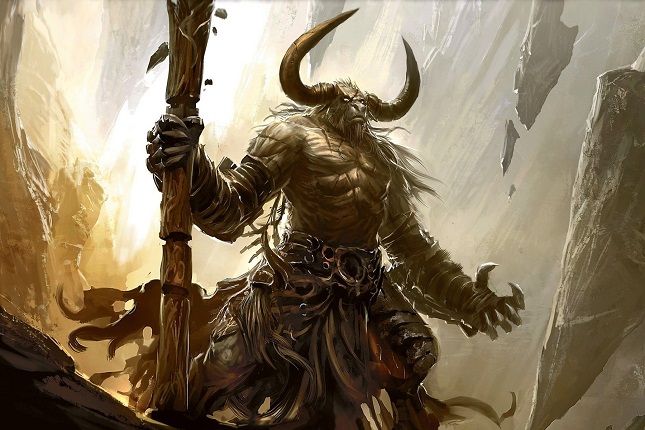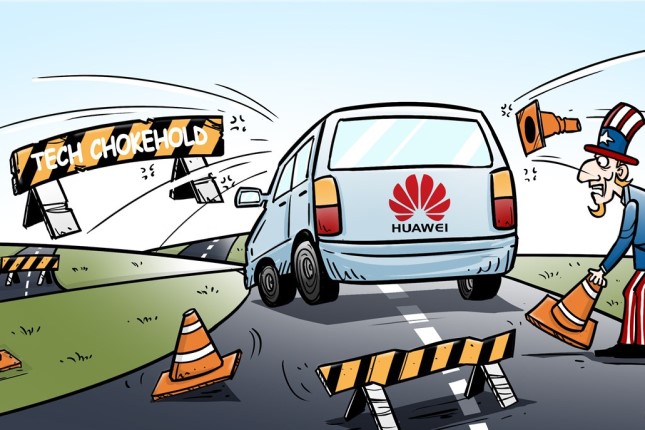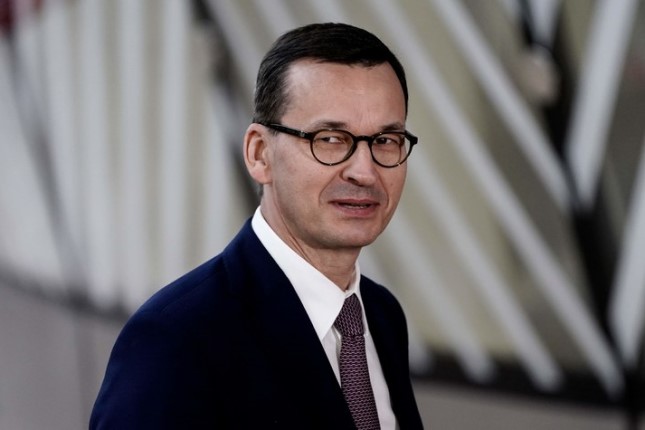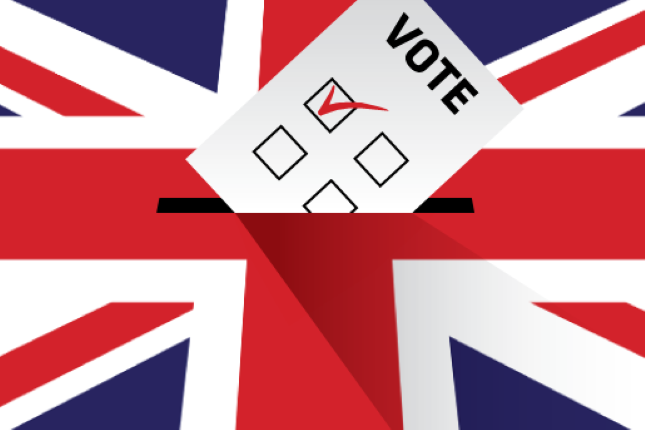Today, most of us can't imagine our daily lives without the Internet and expressing ourselves virtually through Facebook and its associated photo and video sharing app, Instagram, part of the American corporation Meta Platforms, according to its recent rebranding in 2021. Meta integrates the biggest global media platforms: Facebook and Instagram have about 3 billion users each, and these numbers continue to rise.
Many people are attracted to these media because they allow them to share fun and creativity with family and friends. However, this also implies being public in a broader circle, pulling our content into networks of artificial intelligence algorithms and machines that discreetly shape our thoughts. This influences our minds and creativity. There is a lot of research on how social media impacts contemporary art, poetry, and human behaviour.
In addition to the metaphysical aspect, global media means being exposed to a more extensive market since we provide our personal information to at least the Meta corporation for analysis and sale to third parties.
In specific cases, the data may be given to the government, which may be concerned if your content is unlawful. As such, these media's official terms of use state that they can share your personal data in case of a life-threatening situation.
With this in mind, a paranoid question arises: to what extent do governments use these systems to track and control society?
Facebook appeared in 2004, followed by Instagram, which software engineers very quickly created just two months before its official release in October 2010. Since then, programmers and legal regulators have constantly worked to adapt them to modern technological advances and new security controls. Despite the fact that the company's leaders offer full transparency to the media, much of their work remains hidden from ordinary users. It is often impossible to determine what exactly has been changed due to the delicate interface and feature changes, with the installation update often taking place automatically.
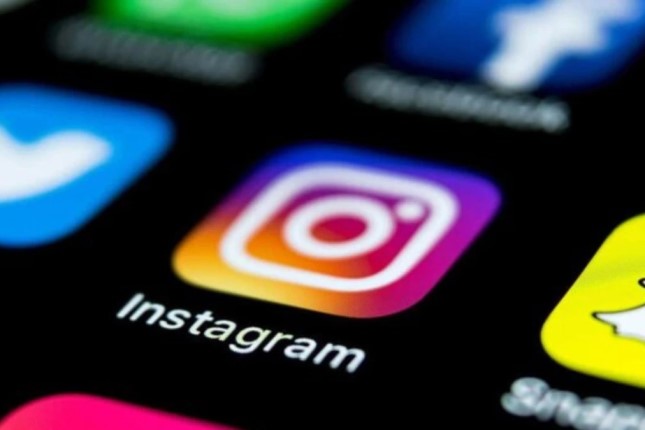
The ever-changing algorithms of Facebook and Instagram today follow the main idea laid down since the mere media birth: it should be a safer space for communication between people you know and not much of a commercial background. The communication is personalized, meaning that you will see more posts by people from your community, those with whom you communicate in private messages and those who have collected more likes from your friends. If you use the media often enough, you will see more ads, the different accounts you follow, and more content you like.
Besides, various marketing studies have shown no specific best time to post. It depends a lot on your target group. This way, marketing algorithms seem flexible, mimicking chaotic human activity but preventing users from leaving the platform by shielding them from external links.
Such a conservative line of product development and design is not accidental. This is a conscious and articulated policy of Meta. The core idea being cultivated by its creators now is – the media should "never surprise people" and, as Mark Zuckerberg says, it should simply "put people first", implying that human and civil rights are involved.
Since both media Facebook and Instagram, for now, remain free of charge for anyone to join, it seems that ideologically they draw a thread to the anarchist ideas of the 1990s Internet revolution and the spread of personal computers, perceived as democratization and decentralization of authority. Seeming to be so open, creating an illusion of equality between the users, posing itself as a global force for good, a network that can break down the barriers that separate people, Facebook and Instagram, however, demonstrate quite the opposite.
First of all, there are no equal rights for Instagram users. Celebrities who attract a larger number of followers have more rights provided to them by the Instagram team. For example, there can be exceptional tech support for their protection from abusive actions or hater commentaries.
A couple of the most apparent automatic bans today are the distribution of pornography and copyright infringement. You could not create an account if you were sued and convicted as a sex offender. But as for other illegal topics, there is no unified law for Internet citizens, so on Instagram and Facebook, you should behave according to the law of your country. Curiously enough, you can post lots of forbidden content in a private account without even drawing attention. So, control over the content still seems not so strict.
What about legal issues and government intervention? Although Instagram rules do not spell out the legal provisions for using social media posts as grounds for arresting a person, it is no longer a secret that they are obliged to provide data to intelligence agencies upon request. Indeed, the collection and analysis of the information we have already discussed above opens up a wide range of possibilities for surveillance of both the individual and the sentiment of society.
The main idea of both media from the beginning has been to be aware of what is happening at the moment with our friends. This lovely idea that we can share the present moment, even if we do it remotely, may turn into a sci-fi nightmare in the not-too-distant future, especially if we consider the CEO's latest ambitious plans - Zuckerberg's idea of an "embodied Internet" that takes users into virtual reality (a so-called "metaverse" project).
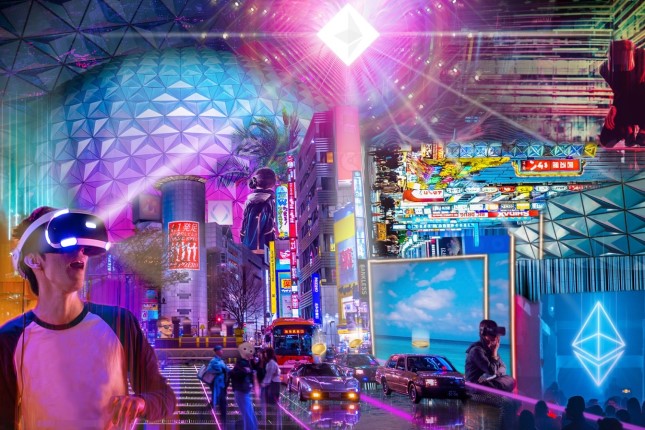
This again refers to a basic idea of the Internet that the American investigative journalist Yasha Levine wrote about in his latest book. He argues that the invention of the Internet in the 1960s was designed to prevent social explosions and especially the spread of communism, so from the beginning, the Internet was conceived as a tool for intelligence gathering. And today's development of commercialized and personalized social networks, such as Facebook, is a far more powerful tool for state surveillance than the military imaginations of the Internet's inventors could have imagined.
An analysis of the mechanism of Facebook and Instagram shows that this bright future that Mark Zuckerberg talks about is a further projection of an ultra-conservative regulatory machine for total control of society, where people must instead give up their individuality and feelings to survive in the new world, just like in the vivid metaphor of the 1997 film Gattaca.
